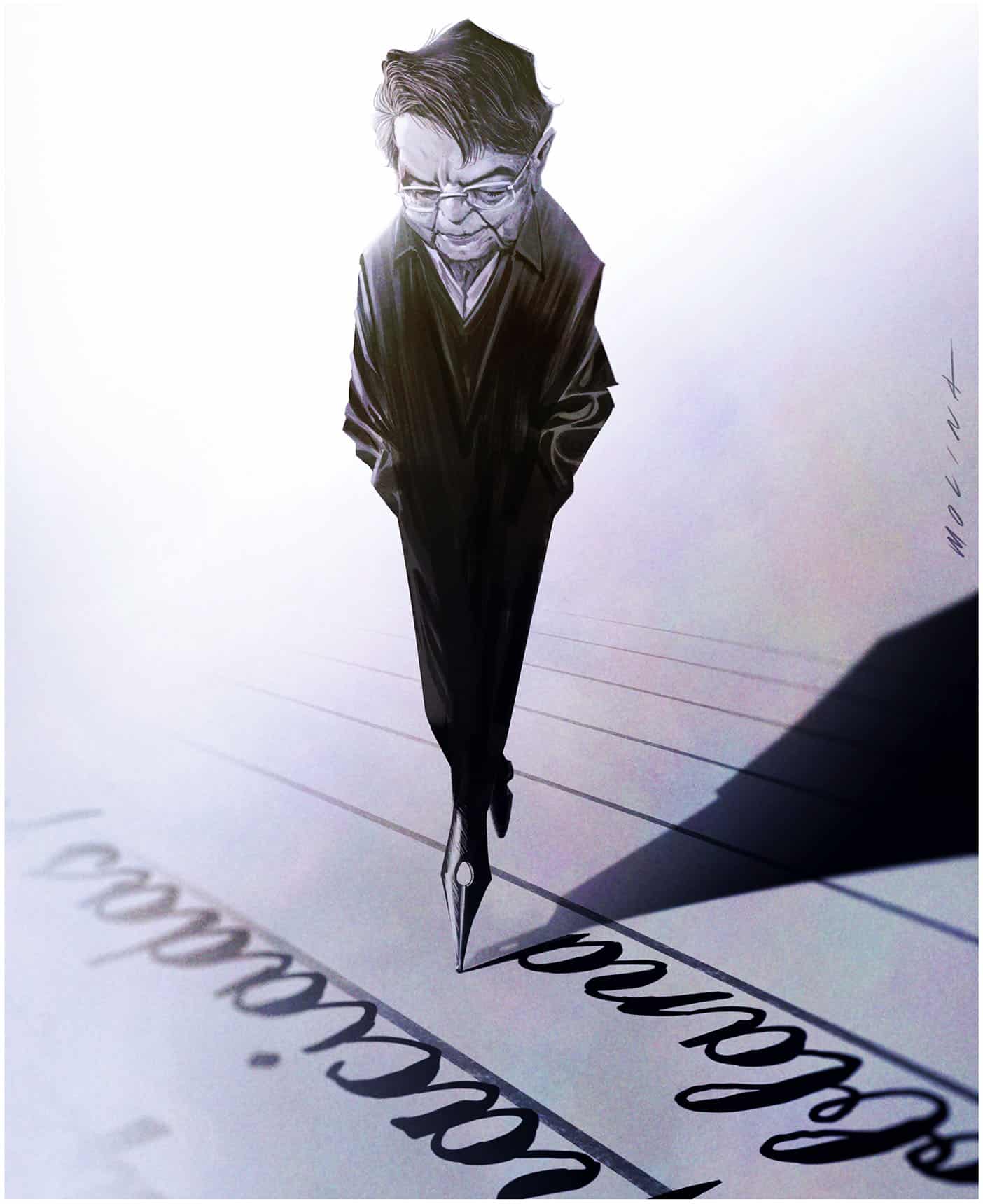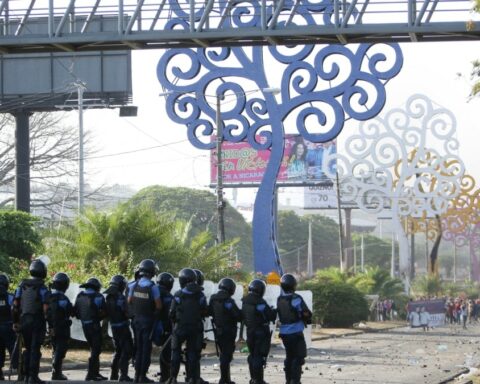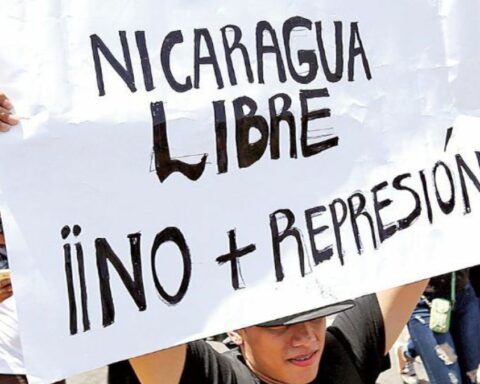In Nicaraguan politics, where vice presidents are often disempowered, Ramírez’s situation is a notable exception. Because of his government management in those years, some still confront him, even though he has been publicly opposing Ortega for decades.
His disillusionment with the revolution was expressed in “Bye guys”, a testimony about those convulsive years, which embraces the change for Nicaragua. The disenchantment came later and she has expressed it in various newspaper articles in which she lamented that, as never before, wealth is poorly distributed in society, while the heroes of those years languish in official oblivion.
On August 5, 2017, Mario Vargas Llosa wrote an article titled “lost illusions”, in which he evoked the joy and enthusiasm that the vast majority of Nicaraguans experienced in the times of the Sandinista Revolution, a great transformation that is invoked today by another family dictatorship.
At 80 years old, Ramírez says that it is idle to list the mistakes that were made in power during the 1980s. According to the writer, the very nature of the revolution —it sought to eradicate everything— led to abuse and the breakdown of balances in society. “If I had entered this company when I was young with bad intentions, let’s say, or with evil intentions, I would have to go and confess my sins in front of a priest,” he adds.
After the electoral defeat of the Sandinista Front, in 1990, he served as a deputy, was head of the FSLN bench and one of the promoters of the constitutional reform, in 1995, he separated from that party and founded the Sandinista Renovation Movement (MRS). After his political failure as a presidential candidate, in 1996, he left party politics. It was then that he returned to writing again, which he claims he did “without remorse.”
Thirty-two years after the end of the revolution, on September 8, 2021, the Daniel Ortega Prosecutor’s Office accused Ramírez of “encourage acts and incite hatred and violence”. These charges seemed similar to those charged by the Public Ministry of Anastasio Somoza Debayle, in 1977, when the intellectual was singled out for “illicit association to commit a crime, incitement to rebellion and terrorism.”
The similarity of the judicial fabrications against him reminds Ramírez that, regardless of the ideological signs, in dictatorial regimes accusations against citizens are often repeated, since there is a persecution against the word, and an attempt to punish the writer. .
However, despite the difficult situation in which he finds himself in exile, he always looks to triumphant literature in the face of any adversity.
“Without literature, without imagination, the world could not move. Humanity remembers its artists, writers… and the oppressors are often just a footnote in the biography of an artist, a writer”, he says from Spain. That country is full of affection for him and has a free and creative environment, favorable in his words for art.
There are exiles that have been hard in the history of literature. Ramírez gives the example of the poet Ovid, a victim of Caesar in ancient Rome, who was given a position as a soldier and sent to an inhospitable place, on the shores of the Black Sea, where Romania is today. There was fog, cold and mud in that place, a rough landscape. The objective of the powerful was that the bard could not write again, however, he did not achieve it. The Nicaraguan writer acknowledges that, if he did not have the craft of writing, he would perhaps feel more miserable.








